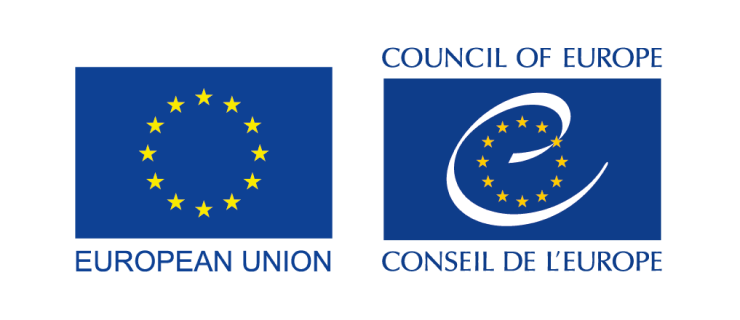International Organisation Resource
MULTIPERSPECTIVITY IN TEACHING AND LEARNING HISTORY
Multiple Authors • Council of Europe • 2004
Levels and forms of education
Primary Education
Lower Secondary Education
Upper Secondary Education
Resource type
Conceptual or themathic publications
Event Summaries
Historic approaches concerned
Art History
Cultural History
Economic History
Gender History
Global History
Intellectual History
Local History
Microhistory
Military History
Political History
Social History
Transnational History
Other Approaches
Historic period
21st Century
Countries or areas concerned
Central Europe, Eastern Europe, Southeastern Europe, Northern Europe, Southern Europe, Western Europe
Languages
English
Description
This publication presents the presentations given by history teaching experts from Cyprus, Spain, and the United Kingdom at events organized by the Council of Europe in collaboration with the Association for Historical Dialogue and Research and the Cyprus Turkish Secondary Education Teachers' Union in Nicosia in November 2004. The activities included seminars on "Multiperspectivity in history teaching" and "History textbooks and teaching materials and their use in a classroom," as well as workshops on "New approaches to teaching history: multiperspectivity." These initiatives aimed to provide practical information to educators in Cyprus, a multicultural context, on using interactive methods and diverse teaching materials for history lessons. The Council of Europe's involvement in history teaching stems from its commitment to fostering democratic culture and promoting open-minded debate and respect for diverse viewpoints. It also emphasizes the importance of history teaching in developing European values and democratic citizenship. The publication reflects the Council of Europe's dedication to regional and multilateral cooperation in history education, emphasizing mutual understanding and intercultural dialogue in the European context. The discussions acknowledge the complexity of history, including controversial topics, and the need for history teaching to encourage understanding without creating or reinforcing divisions or hostilities. The publication concludes by highlighting the importance of continued cooperation in teacher training and teaching materials development and the role of future activities in promoting mutual understanding and trust among history educators in Cyprus.
Keywords
Cyprus
multiperspectivity
shared histories
